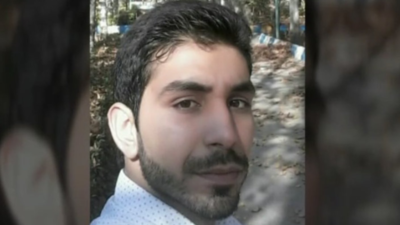
An Iranian man was executed Wednesday in Ghezel Hesar prison outside Tehran after a previous attempt to hang him in April was stopped at the last minute, according to Iran Human Rights (IHR).
Ahmad Alizadeh, 26, was convicted of murder in 2018, a charge he denied, saying he confessed under torture. The victim’s family reportedly intervened 28 seconds into the initial hanging, granting forgiveness, which under Iranian law can halt an execution. Alizadeh’s “lifeless body” was resuscitated after the stopped hanging.
According to Iran’s Sharia law, the family of the victim can either forgive the accused or accept “blood money” instead of execution.
However, this mercy didn’t last. With no agreement reached on blood money, authorities resumed his execution on Wednesday at Ghezel Hesar prison, carrying out the sentence in full.
Mahmood Amiry-Moghaddam, director of Iran Human Rights (IHR), condemned the execution, calling it part of Iran’s “execution machine.” He noted that Alizadeh, a “talented student,” had always maintained his innocence.
Iran’s use of the death penalty, including as a means to instill fear, continues to draw criticism from international human rights groups.
Amnesty International reports that Iran executes more people than any other country except China, with at least 166 executions recorded in October alone—the highest number in a single month since IHR began tracking data in 2007.






